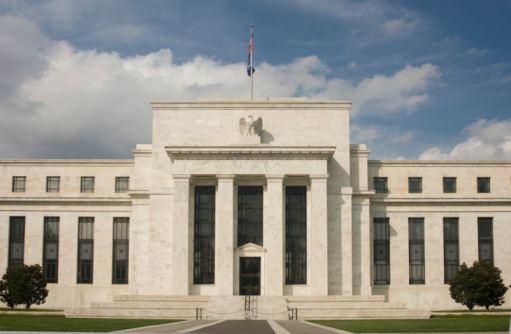The recent decision from Ben Bernanke and the FOMC to not start tapering bond purchases was supposedly due to the economic strength simply not being on solid enough ground to justify and tolerate the beginning of the end of the free and easy money days. Now we have a durable goods report that backs up that number.
We would caution that durable goods is perhaps one of the most volatile of all major economic reports. It can still move markets, and it identifies what is happening with big-ticket items. The August reading was up by 0.1% on the headline report, while Bloomberg had a consensus of -0.5% and Dow Jones had a consensus of -0.6%. Excluding transportation, the reading was -0.1%, which met the Bloomberg expectations.
July’s awful report was made even worse on the headline report, with the revised reading at -8.1% versus -7.4%. The July revision sans transportation went from -0.6% to only -0.5%.
Wednesday’s report was from the Commerce Department, and it is seasonally adjusted. If you want to know what it all means, the 0.1% gain translates to some $224.92 billion in August durable goods. Wednesday’s report was better than expected on the headline, but it is hardly worth calling a great gain by any stretch of the imagination.
Travel Cards Are Getting Too Good To Ignore (sponsored)
Credit card companies are pulling out all the stops, with the issuers are offering insane travel rewards and perks.
We’re talking huge sign-up bonuses, points on every purchase, and benefits like lounge access, travel credits, and free hotel nights. For travelers, these rewards can add up to thousands of dollars in flights, upgrades, and luxury experiences every year.
It’s like getting paid to travel — and it’s available to qualified borrowers who know where to look.
We’ve rounded up some of the best travel credit cards on the market. Click here to see the list. Don’t miss these offers — they won’t be this good forever.
Thank you for reading! Have some feedback for us?
Contact the 24/7 Wall St. editorial team.


